- The following is content from the press release -

Codomon Co., Ltd. is pleased to announce the results of a survey on the use of online childcare training for childcare facilities nationwide that use our ICT system "Codomon" for childcare facilities.
Survey Summary
- Survey target: Childcare facilities nationwide that use Codomon
- Survey method: E-mail invitation, web-based response method
- Survey period : January 17, 2022 - January 30, 2022
- Number of responses: 252
- Research company: Codomon Co.
Summary of Survey Results
*83.8% of those surveyed indicated that they have "participated" in online training for child care providers.
* Of the online training participants, 95.3% found it useful. The physical factor of being able to take the course from any location was a major factor, with some of them saying that it saved them the trouble of traveling to the Tokyo metropolitan area for transportation and lodging for facilities in rural areas.
*31.6% of all respondents felt that "online is easier to learn" and that the advantages of online training include the ability to take multiple training courses and increase knowledge because it is not limited by time or location.
*As points to be improved in the course environment, "securing time," "location (e.g., lack of suitable space in the park)," and "tools and network environment" were cited.
*Of those facilities that have never participated in online training, 83% would be willing to participate in online training if issues such as time and space could be resolved.
73% of respondents would like to use online training for new graduates. With the inability to provide sufficient training for new graduates at their own facilities, it would be a great benefit if online training could be implemented.
*71.8% of respondents have taken online career development training, which will become mandatory starting in FY2023, so the key point is whether or not an online environment is available.
Survey results
Q1 Have you ever participated in an online training program for child care providers?

83.8% of facilities indicated that they have "participated" in online training for child care providers, indicating that online implementation is becoming more mainstream.
Q2 What motivated you to participate?
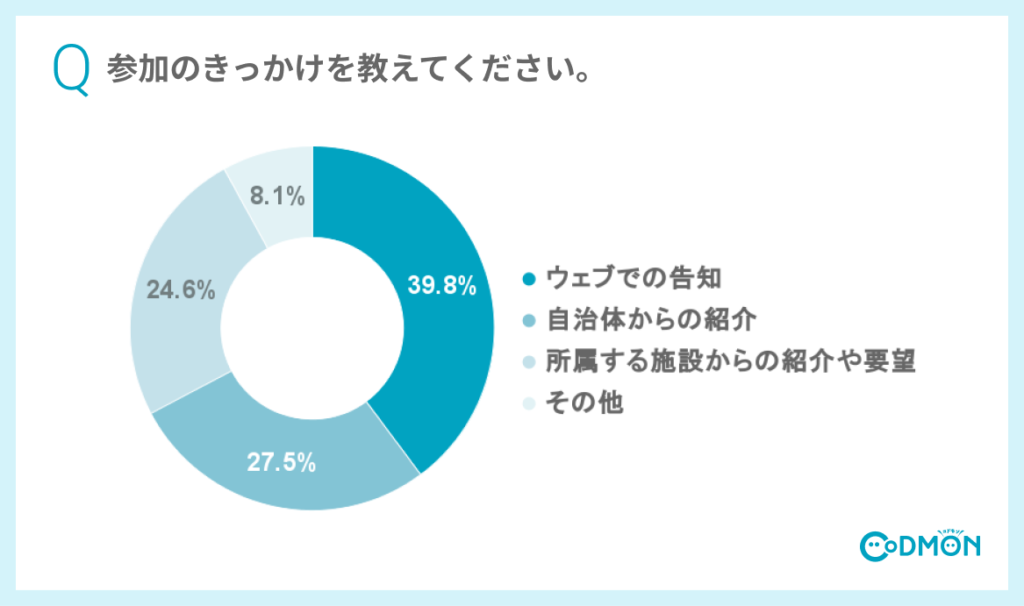
The reasons for participation were divided into three main categories. In order of response, the most common were: "Seeing an announcement on the web (39.8%)," "Referral from a local government (27.5%)," and "Referral from an institution I belong to (24.6%). Web announcements and other information is constantly being collected, allowing respondents to choose from a variety of training topics.
Q3 Do you think the online training was helpful?
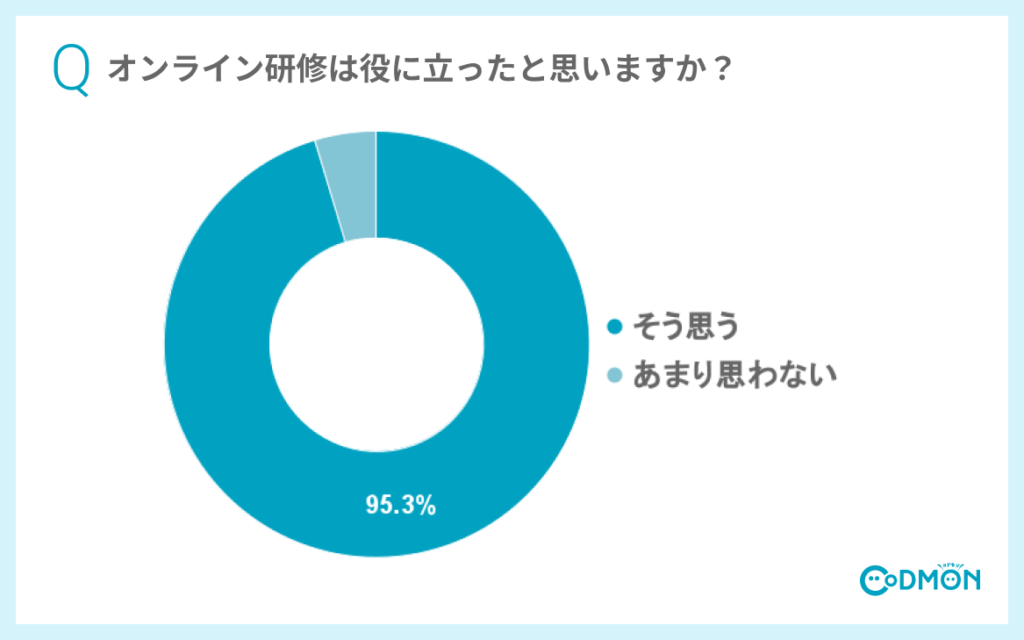
Satisfaction is high, with 95.3% of respondents indicating that the online training was useful. Many of the reasons are physical factors, such as the ability to take the course from any location. One of the advantages, according to the opinions of facilities in rural areas, is that it eliminated the need to travel to the Tokyo metropolitan area for transportation and lodging. Other factors include an increased choice of topics, enhanced content, and the ability to interact with other childcare professionals from across the country.
*95.3% of the respondents, 39.2% "agree very much" and 56.1% "agree".
Q4 Did you find it easier to learn compared to face-to-face training?

46.2% said there was no difference in ease of learning between online and in-person, while 31.6% said online was easier to learn. About half felt there was no difference in ease of learning, while about one-third felt it was easier to learn online.
Q5 Please tell us your reasons for Q4 and how you feel it differs from face-to-face training.
There is no difference in ease of learning online or in person.
- Depending on the content of the training, I don't think there is much difference between in-person and online depending on the willingness of the participants.
- Online has the advantage of being able to take the course from a place where you are comfortable and easily accessible. Face-to-face is a good way to communicate face to face, so both have their advantages. I think you should choose the one that best suits your situation.
It is easier to learn online.
- Because of the time and location, it is possible to attend multiple trainings and increase the amount of knowledge.
- Materials can be seen clearly through the PC, and it seems easier to concentrate.
- The best advantage is that there is no need to travel. On-demand can be viewed multiple times for better understanding.
- It was easier to ask questions than in person.
It is easier to learn in person.
- It is easier to participate, but if you are taking the course for a long period of time, it is easier to get involved in a face-to-face meeting. Face-to-face is also easier to have conversations in group discussions.
- The training was stalled because there were no materials at hand and the training was conducted only on the screen. I felt that some effort should be made to have the materials at hand in advance.
Q6 What would you like to improve about the online training course environment? (Multiple selections allowed)
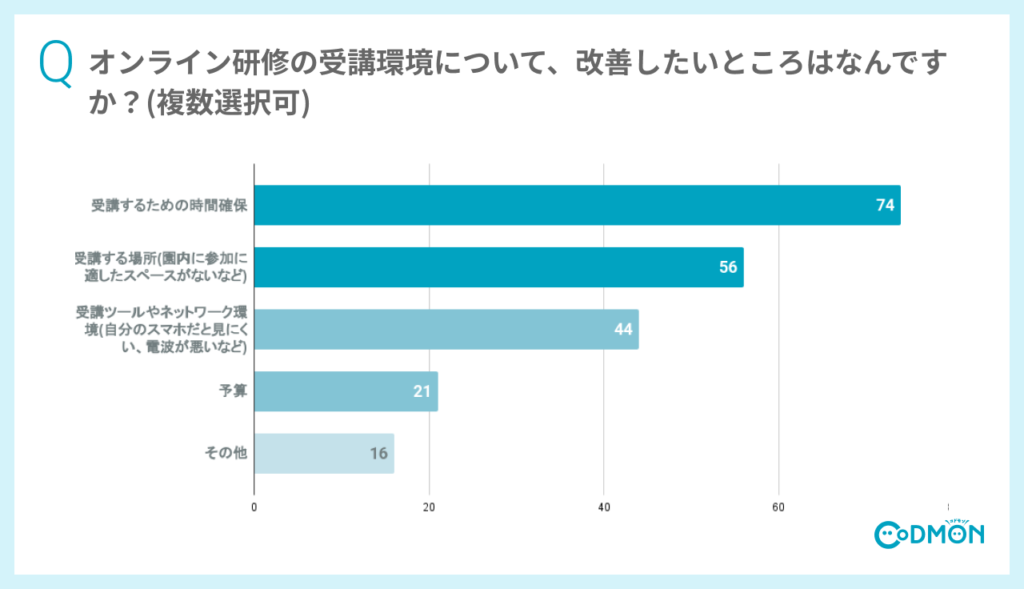
In order of most frequent responses, the most important points to be improved in the course environment were "securing time," "location (e.g., lack of suitable space in the preschool)," and "tools and network environment. The main issues are the difficulty of securing time during childcare and the lack of a suitable environment for the course.
Q7 For those who answered "I have never participated" in online training, please tell us the reason(s).

Similar to Q6, many respondents were not able to participate due to the environment, such as difficulty in finding time to take the course or scheduling it. It is also noteworthy that a small number of facilities were unaware of the existence of online training programs.
Q8 Would you like to participate in online training in the future?
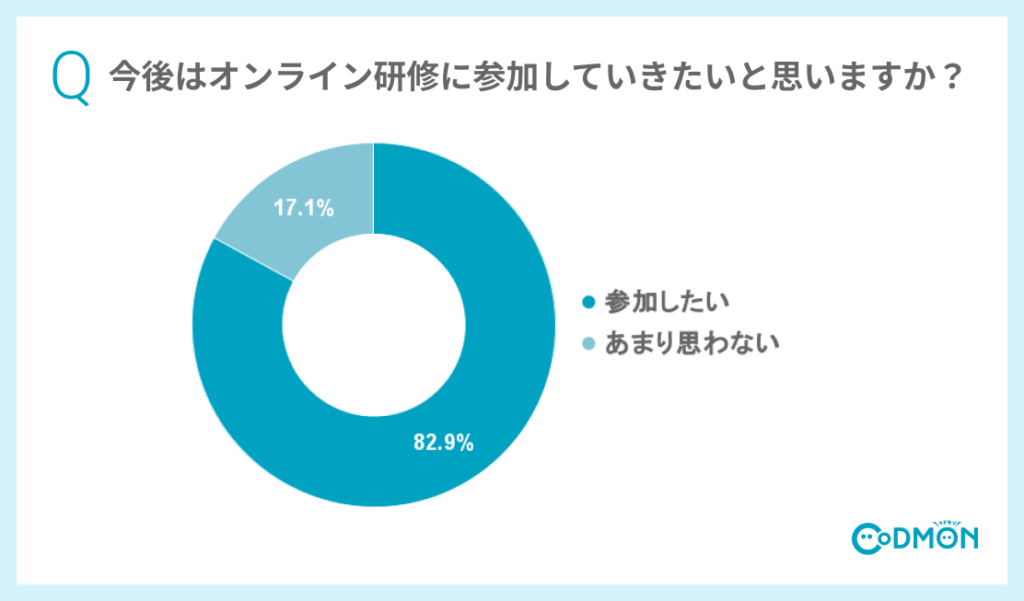
83% of facilities indicated that they would like to participate in online training. Many respondents expressed a desire to "improve the quality of childcare" and "increase learning opportunities for staff." Some also felt that the online format was beneficial in that they could receive training even amid concerns about the spread of infectious diseases.
*Of the 83%, 22% said they would "actively participate" and 61% said they "would like to participate".
Q9 Topics you would like to take courses on
There was a wide range of opinions on the topics that the participants would like to take courses on in the future. The following topics were particularly popular
- Examples of childcare practices: "Child-centered care," "Regarding child development," "Crisis management methods.
- Management "content for executives and managers" and "leadership development methods.
- Industry knowledge "about the operation and management of daycare centers in rural areas where birthrates are declining" and "the future of childcare and its future prospects."
- Regarding the staff themselves, "how to communicate within the school" and "content that will energize the teachers."
In addition to the above, there was also a willingness to learn about trends outside of the childcare industry.
Q10 Would you be willing to use online training for new graduates if it were available?

Seventy-three percent said they would like to use online training for new graduates, indicating that demand is high.
Q11 Please select the most applicable reason as to why you would like to use the service.
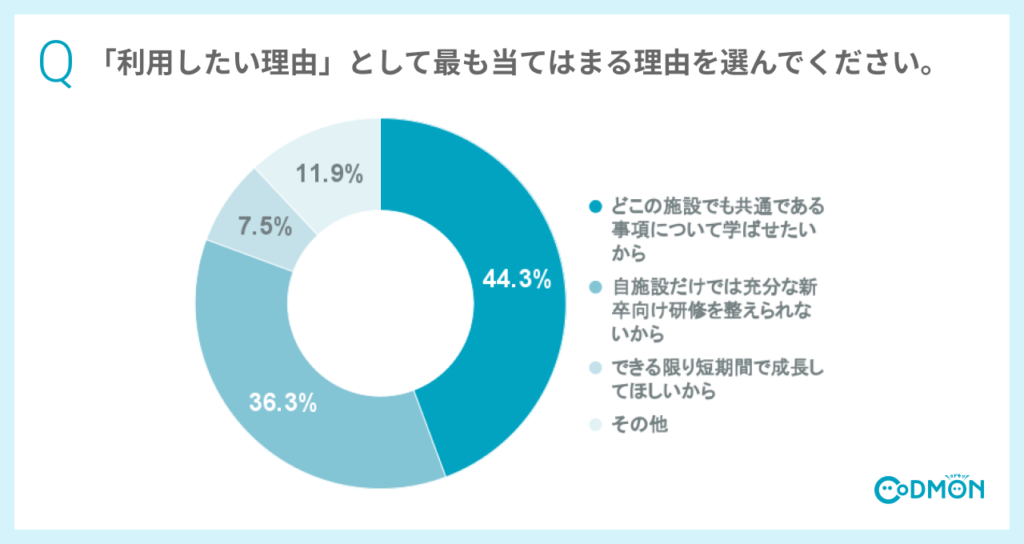
About half (44%) of the respondents stated that they would like to receive online training for new graduates because they would like to learn about issues that are common to all facilities. 36.3% of the respondents stated that they could not provide sufficient training for new graduates at their own facilities. The ability to conduct training for new graduates online would be a great benefit.
Q12 Do you offer online career development training?
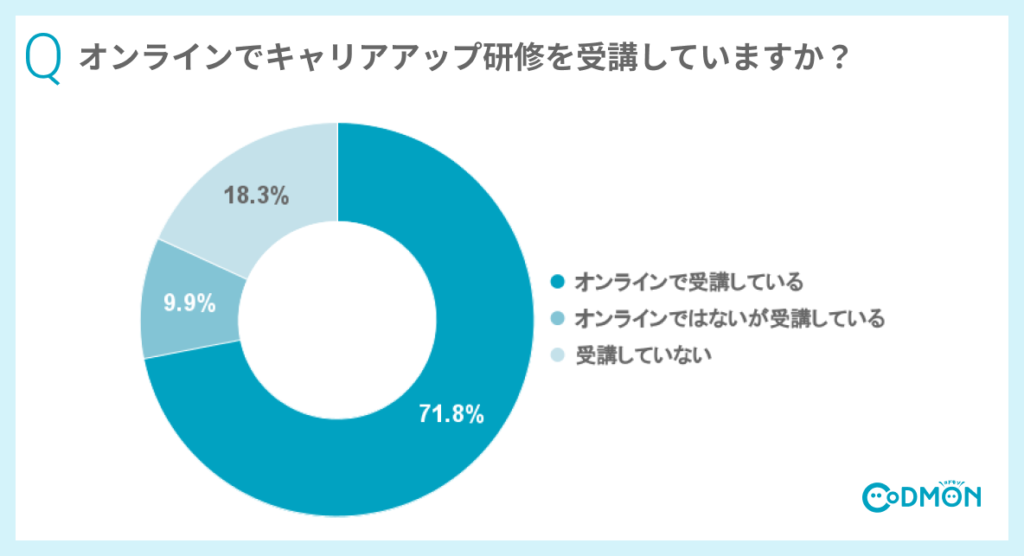
We found that about 70% of the facilities have taken online career development training. The most common opinion was that the advantages were "fewer travel restraints and the ability to take the course anytime, anywhere," while the most common disadvantage was "difficulty in conducting workshops," which is the same point as for regular childcare training.
Career Development Training for Childcare Workers
Career Development Training for Child Care Workers is a training program for those who play a leading role in their field of expertise at daycare centers and other childcare facilities in order to develop leading staff members in the field of childcare. It consists of training in specialized fields (1) infant care, 2) early childhood education, 3) care for children with disabilities, 4) food and allergy education, 5) health and safety measures, and 6) parental support and childcare support), management training, and practical training in childcare. (*1)
1 Ministry of Health, Labor and Welfare, "Implementation of Career Development Training for Child Care Workers" (June 24, 2049)
https://www.fukushihoken.metro.tokyo.lg.jp/kodomo/hoiku/careerup-kensyu.files/guideline010624.pdf
About Codomon College
In response to this growing demand for online childcare training, Codomon is developing "Codomon College" as an online training service business aimed at improving the qualifications and expertise of childcare workers in the field. We hold regular training sessions for childcare workers, kindergarten teachers, and others, focusing on content that is useful in the field. A wide range of topics are offered, from those that can be applied to daily childcare to those that can be used to prepare for emergencies, such as countermeasures against infectious diseases.







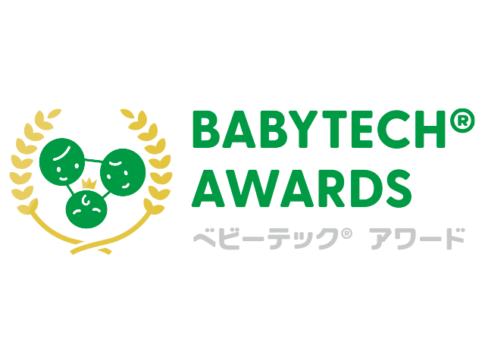



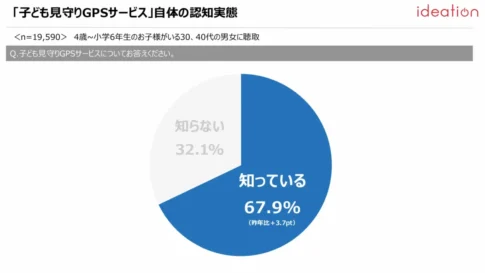


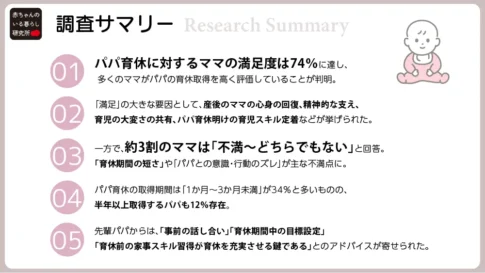
Codomon, which boasts a high market share in childcare ICT services, conducted a survey on the use of online childcare training among childcare facilities nationwide that are using the service. More than 80% of the respondents have used online training, and another 95% found it useful. The ability to learn from anywhere was favorably received.
Let's take a look at the details from the press release.